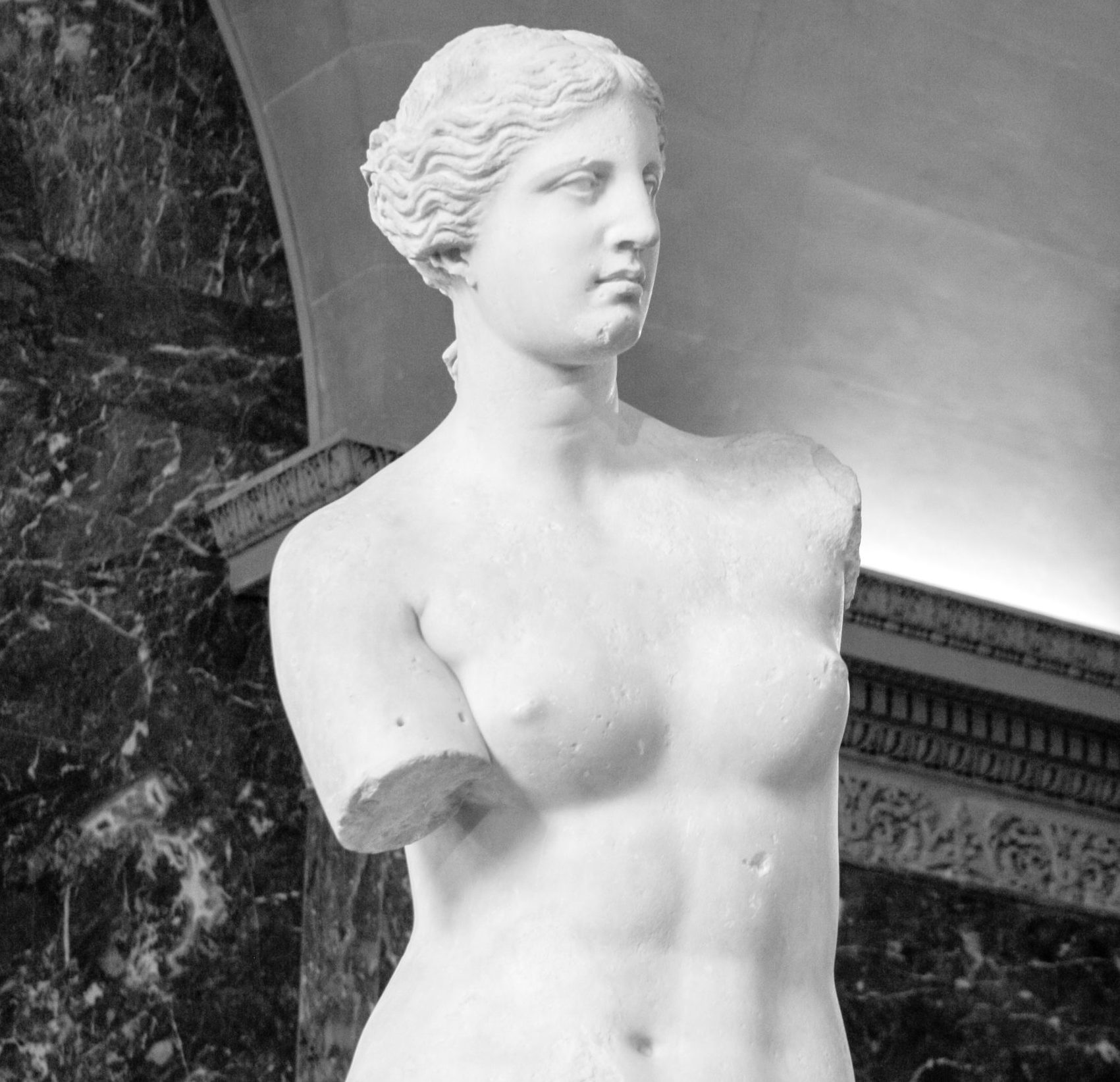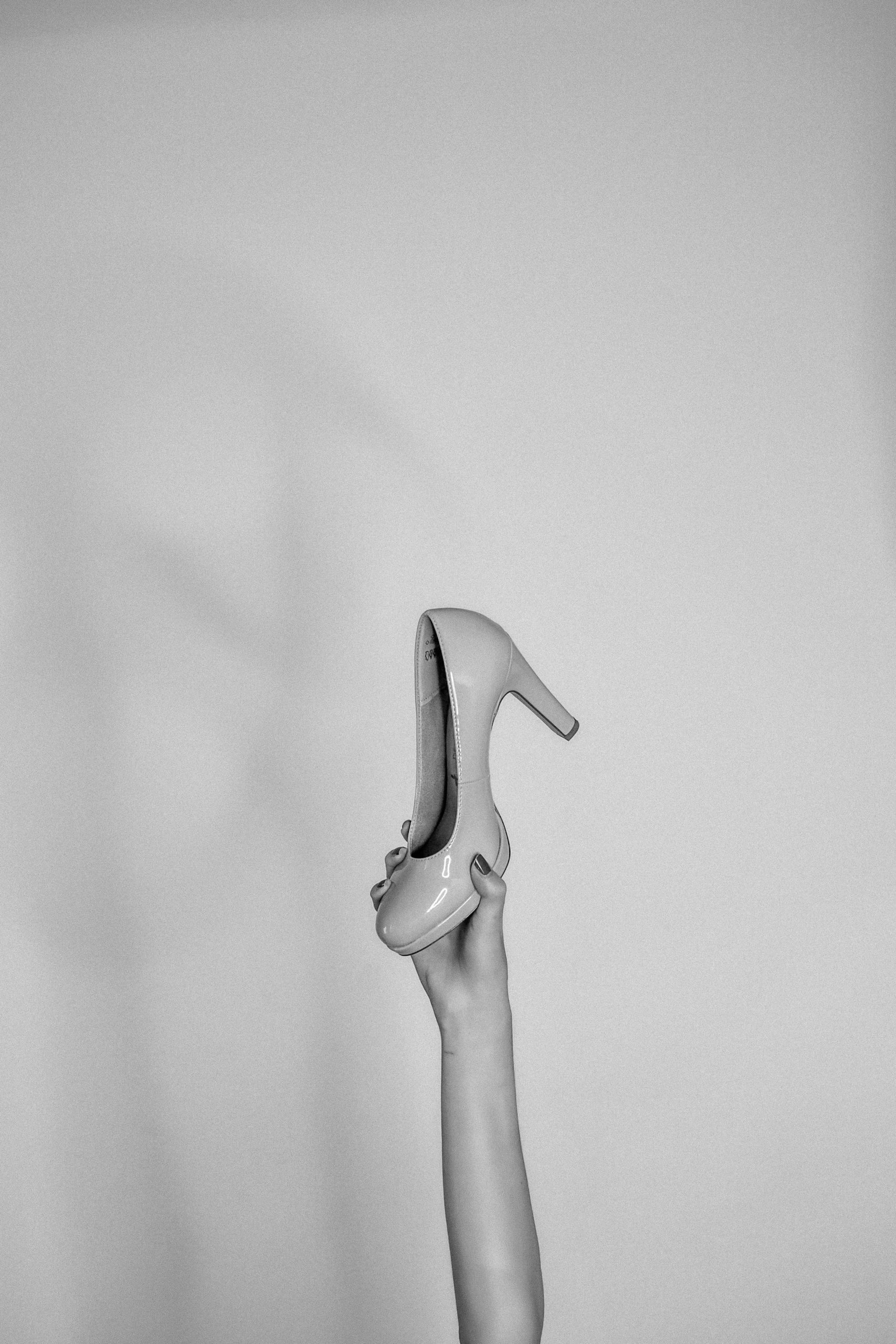BONJOUR,
I muse about intimacy with all aspects of the Self and the mysterious art of unraveling. Pull up a chair, curious one.
categories
Philosophy
Business
Poetry
Neuroscience
Wellness
Intimate
babe.
When Self-Efficacy is Riding Shotgun
Knowledge of nutrition is ubiquitous in today’s modern world, but for the modern girl, views about wellness and physical fitness are myopic at best. There is a failure to acknowledge the upstream determinants, from an individual’s lack of empowerment to the impact of social networks, to the messaging implications of how to lead healthier lifestyles.
Dieting, at its core, is a coping mechanism: A haphazard strategy for managing our emotional, socio‐cultural, socio‐demographic, and environmental landscape.
Diets are marketed as magical, quick-fix solutions to shedding weight perceived as undesirable. And you know who props it all up for public consumption? The $73 billion-dollar diet and supplement industry (may I add, that the last time I checked these figures in 2018, it was to the tune of $70 billion. That’s a 4% spike in a little over a year).
The research is unequivocal: Frequent exposure to messages about weight loss and dieting strongly implicates anyone who’s even flirting with the idea of slimming down for that vacation/wedding/[insert event here]. It’s like you just got served, but it doesn’t matter because you don’t even have a damn seat at the table.
We are also lured in by the instant gratification that comes with dieting; after all, if there are no guardrails, how else would you notice a crazy fast reduction in your weight and overall body composition? Long-term, sustainable eating habits, then, are not tangible—one would think.
The confluence of perfectionism, body dissatisfaction, and poor self-efficacy is the perfect storm that predicts dieting behavior.
Self-efficacy is best understood as the active cultivation of one’s environment rather than a passive reaction to it. Under this umbrella, you can observe and evaluate your own emotions, thoughts, and behaviors. You can test and revise predictions about potential outcomes, develop a new course of action, and communicate the complexity of your internal models of experience to others.
Is it any surprise that concepts of self and identity are socially intertwined? We don’t just bring our identities to our interpersonal relationships; rather, our identities are created and shaped by those interactions.
Just scroll through your Instagram feed and tell me you haven’t ever tried to duplicate the results of your favorite fitness model or influencer.
Tell me that weight stigmatization and the emerging culture of blame for not being thin isn’t alive and well, or that healthcare professionals don’t routinely encourage aggressive dieting tactics so that their patients hit a “healthy” BMI… and fast.
As human beings, we are, in many ways, wired to strive for mastery and control over our environments. The end goal is always to generate desired events and avoid harmful or otherwise dangerous ones. This innate and pervasive need for competence is what motivates behavior across the life span. If you believe that you can take action to solve a burning problem instrumentally, you are more committed to seeing it through—that’s why diets are so attractive. They push the fucking envelope.
Because calorie-restricted plans (often as low as 1200 calories) are so widely disseminated, it is inconceivable that one could exercise autonomy when adopting and maintaining an actual (gasp) lifestyle change. If we depend on scripted meal plans instead of attenuating to feedback from the body, how can we ever develop a strong sense of personal agency? An ability to eat without experiencing undue emotional distress? Any perceived loss of control, then, will lead to coping deficits, helplessness, and more doubling down. More calorie restriction. More punishing workouts.
Outcome expectancies have to be pragmatic in order to translate into successful actions and avoid venturesome behavior. Think of all the wildly high risks associated with dieting:
- Our physical health suffers, as dieting invites binge eating and other disordered eating behaviors;
- Our energy is sapped chasing the perpetual summer, and despondency sets in with every failed dieting attempt;
- Our food and body preoccupation grow as it takes more effort to maintain fat loss without intervention;
- The fear of regaining the weight keep us trapped in a vicious feast-or-famine cycle;
- Our relationships suffer as we’re reluctant to be seen in the bodies we have;
- Our visibility in our businesses and our preparedness to show up for our clients is jeopardized.
Eventually, you suffer the misery of defeat since dieting is inherently untenable.
Eating is a source of energy, sustenance, and, indeed, comfort. Now, I know that merely saying, “I am capable of trusting my body” is not necessarily convincing—especially when it contradicts any pre-existing beliefs. For example, no amount of reiteration that I can fly will persuade me that I’m able to get myself airborne, and for many of you, “I am capable of trusting my body” is akin to precisely that.
To really move the needle, you must rely on a wide array of sources of information conveyed experimentally (how successful were your dieting attempts in the past?); vicariously (by observing the dieting behavior of others’ and its consequences); imaginatively (using mental rehearsal to improve your strategy/approach); through verbal persuasion (other peoples’ encouragement that, while wanting to be healthier is good and well, you are enough); and finally, physiologically/emotionally (what kind of arousal do you have in response to the perceived failure or success of sticking to the “plan”?).
It’s also worth mentioning that your “headspace” and physiology work together interchangeably; that is to say, emotional and cognitive circuits of the brain work in tandem with your body and vice versa. If I believe in my ability to heal my relationship with food and celebrate the small wins—instead of beating my body into submission through restrictive and compensatory measures—I will be more likely to maintain that recovery in the face of adversity.
If I am putting my body through grueling workouts and eating insufficiently for my height/body weight, this will, in turn, compromise my body’s immune system. It will trigger a cascade of stress hormones that produce those well-orchestrated physiological changes. Dieting keeps the HPA axis—the second component of the stress response system—activated, much like a motor that is idling for too long. If there are no “brakes” to dampen the response, shit starts to unravel. Like, your entire life.
A salient feature of effective self-regulation is to know when to disengage when the goal is unrealistic. In doing so, you can envision desired future events more clearly and create incentives that guide your actions. In a similar vein, you’re not wasting effort or depleting cognitive resources better directed elsewhere.
Reframe the goal from “lose x amount of pounds” to something more liberating. More is not always better; avoid the self-fulfilling prophecy that comes with setting your sights high, white-knuckling your way through blisteringly hot quicksand, and then sinking.
It may help to view your eating experiences as an opportunity to get to know your body intimately; perhaps, for the first time. Maybe, all you need is to get re-acquainted. Gauging how much or how little to eat should be viewed as a natural part of the acquisition process. Self-doubt is a natural reflex to this discomfort, but what matters is the speed of recovery of your perceived self-efficacy. It is the resiliency of self-belief and the sustained effort that counts.
Most people only take notice of the extraordinary accomplishments of athletes, artists, writers—you know, the squeaky-clean, final product. Rarely, however, do they acknowledge the failed attempts and countless hours of perseverant effort that it takes to produce them.
It is not the product of “talent,” friends. Instead, it is the ability to manage one’s state and self-regulate. If you believe that your worth is inextricably linked to your weight, that would be the master construct that requires dissolution, not the quick-fix that dieting will bring. The diet is just the perceived solution to the underlying problem.
Work with what your mama gave you, improve upon it, but steer clear of anything that chips away at your soul just to have legs for days like Gisele Bündchen. Because if you stifle your self—everything you embody in that mammalian flesh—what is left for the taking?
When we learn to put down our weapons of mass destruction and approach our health from a self-loathing to self-loving place; from skinny to athletic; from defenseless to unassailable; that is when we begin living in alignment with our purpose.
Adopt standards rooted in your value system that are advantageous, both to your emotional and physical wellbeing. All forms of greatness will sprout from that.
What kind of resistance comes up for you when you think about your body image? Have you ever dieted to protect yourself from painful feelings of inadequacy? Let me know in the comments below—I’m here to hold space for you.

dear journal
Through my unabashed content creation and immersive retreats, I provide the proverbial lodging—and emotional sustenance—as my clients traverse rocky terrain in search of meaning.
We’re pioneers, renegades, and disruptors.
I know that, like me, you resist the status quo wherever it suffocates the human spirit.
We’re kindred souls, you and I.
READER
favorites
faves
free download
Get down like the Stoics but cling fiercely to that tender heart: INVINCIBLEish is a powerful, short guide to unperturbed living. You’ll be so unbothered they’d think you were media trained.
get instant access
ish
INVINCIBLE
Raised on the
Seek refuge and take up residence inside the Red Velvet Project where we powerfully tend to the fluency of Self.


